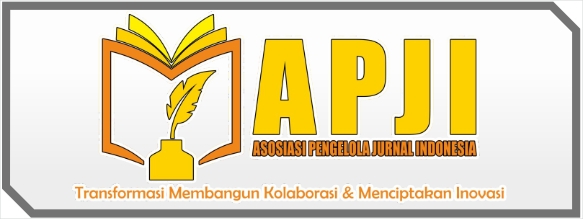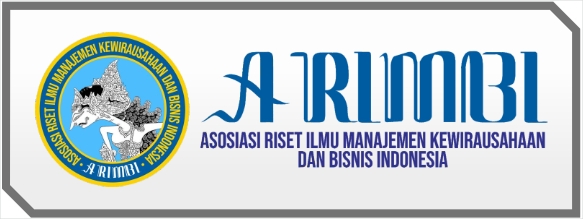THE THAI MUSLIM AND ISLAMIC FINANCIAL INSTITUTIONS IN THAILAND
DOI:
https://doi.org/10.62287/transaction.vi.37Keywords:
Economic Development, Financial Inclusion, Islamic FinanceAbstract
The research delves into the historical background of Islam in Thailand, shedding light on the cultural and economic interactions between the Muslim minority and the broader Thai society. Special attention is given to the emergence and development of Islamic financial institutions within this context, investigating their growth, challenges, and contributions to the overall financial sector. Methodologically, a combination of qualitative and quantitative approaches is employed to gather data on the financial habits of the Thai Muslim population and the performance of Islamic financial institutions. Interviews, surveys, and financial data analysis are utilized to gain insights into the preferences, challenges, and opportunities faced by both the Muslim community and Islamic financial institutions. The findings of this study contribute to the understanding of how Islamic finance is adapted and practiced in a non-Muslim majority country. It also explores the potential impact of Islamic financial institutions on economic development and financial inclusion for the Thai Muslim population. The research not only adds to the academic discourse on Islamic finance but also provides practical insights for policymakers and financial institutions looking to enhance financial services for diverse communities within a pluralistic society.















